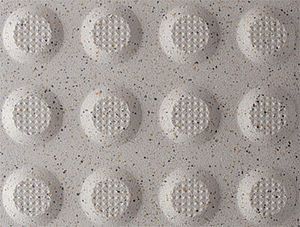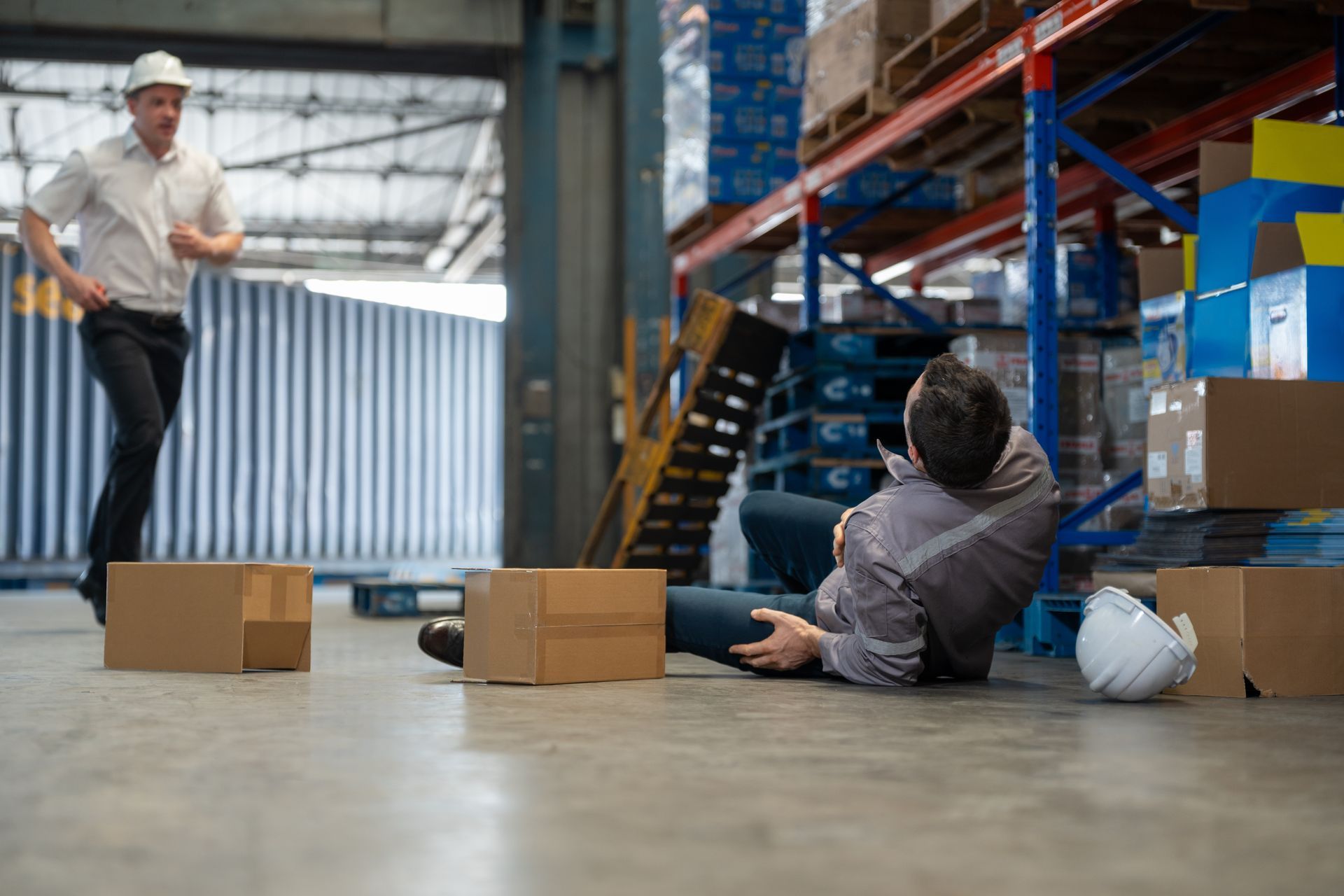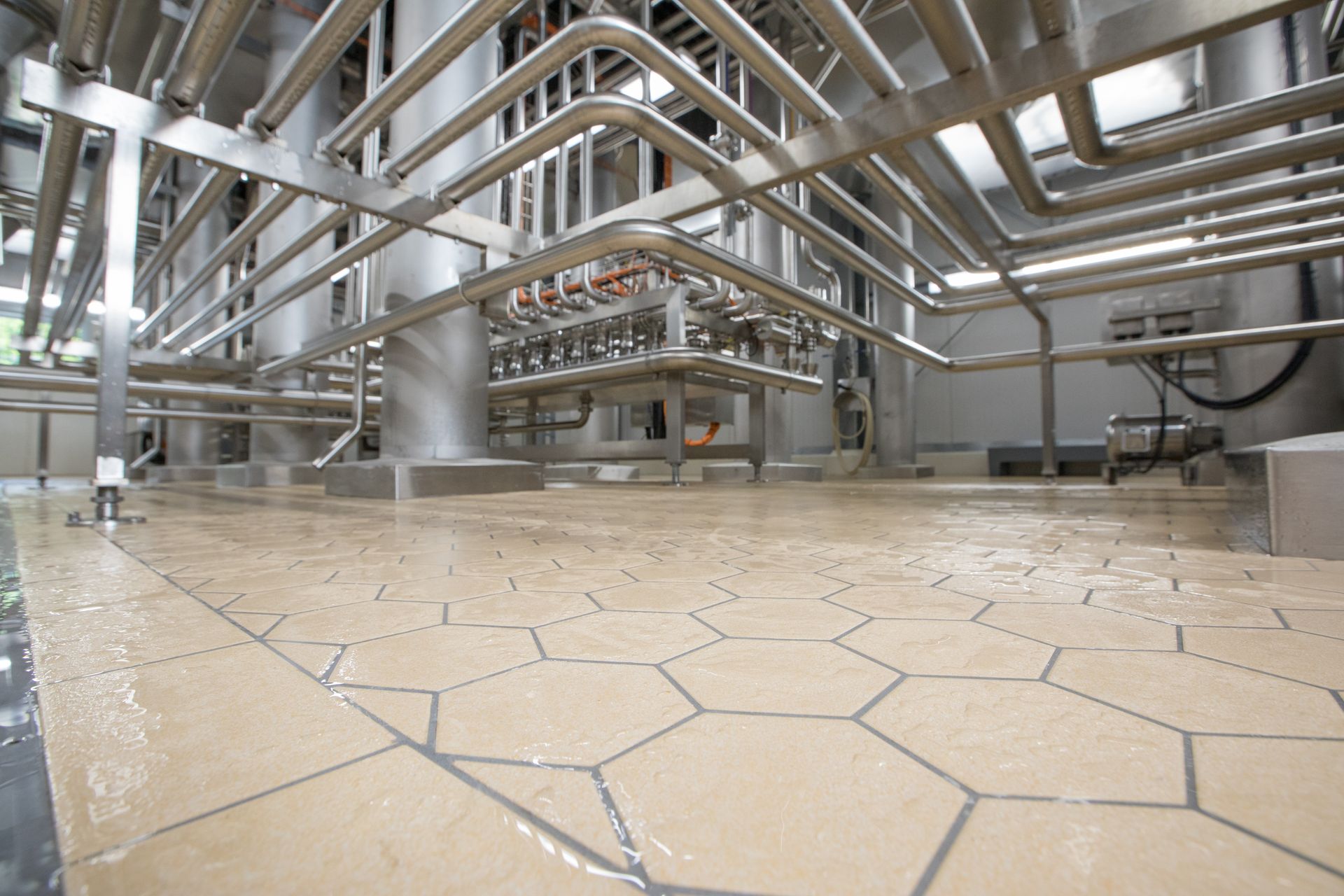Epoxy vs. Ceramic Tile: Which Industrial Flooring is Better?
Selecting the right industrial flooring is a mission-critical decision for any facility manager, architect, or business owner. Among the most discussed options are epoxy flooring vs tiles, two systems known for their durability and wide-ranging applications. However, when placed under the rigors of heavy-duty operations, only one consistently meets the highest demands for hygiene, longevity, and performance.
This article compares epoxy flooring and engineered ceramic tile across the critical factors that matter in industrial settings, helping you make an informed choice for your project.
Key Takeaways
| Feature | Epoxy Flooring | Ceramic Tile Flooring |
|---|---|---|
| Durability | Moderate, degrades | High, long-lasting |
| Slip Resistance | Additives required | Textured surfaces available |
| Hygiene | Good when intact | Excellent, even long-term |
| Maintenance | Frequent repair needed | Minimal upkeep |
| Lifecycle Cost | Higher over time | Lower over time |
| Aesthetics | Prone to wear | Long-term visual integrity |
| Installation | Faster but finicky | Longer, but permanent |
| Environmental Impact | VOCs, short lifespan | Natural, sustainable |
Material Composition and Structure
Epoxy Flooring
Epoxy is a resin-based system applied as a liquid and cured into a seamless surface. While it offers a uniform appearance, its structural integrity depends on the condition of the underlying concrete and the quality of surface preparation. Epoxy coatings are typically layered in fraction of an inch, making them susceptible to delamination, bubbling, or cracking if applied incorrectly or subjected to substrate movement.
Ceramic Tile Flooring
Engineered ceramic tiles, like those produced by Argelith, are fully vitrified. They are manufactured under high pressure and temperature to form a dense, non-porous product. This baked structure results in permanent hardness and dimensional stability. Unlike epoxy, tile is a solid material throughout, offering long-term structural reliability.
Durability and Performance
Epoxy Flooring
While epoxy can initially resist abrasion and light impact, it wears down over time under heavy traffic. Forklifts, pallet jacks, and machinery can degrade the coating, especially if the resin blend is not formulated for industrial use. Once worn, the surface becomes vulnerable to cracks, stains, and chemical damage.
Ceramic Tile Flooring
Fully vitrified tile excels in high-impact environments. Argelith tiles resist heavy loads, dropped tools, and frequent traffic without cracking or surface erosion. Even in environments with thermal cycling, such as commercial kitchens or breweries, tile maintains its integrity. For continuous performance over decades, tile outclasses epoxy in industrial durability.
Safety Considerations
Epoxy Flooring
Epoxy coatings can become slippery, especially when wet or contaminated with oils. Additives like sand or grit can improve traction but often wear down unevenly, reducing their effectiveness over time.
Ceramic Tile Flooring
Argelith tiles are available with textured, slip-resistant surfaces engineered to maintain traction in wet, greasy, or dusty conditions. Additional features like safety striping can be baked into the tile during manufacturing, providing long-term visibility without the need for repainting.
Hygiene and Cleanability
Epoxy Flooring
Because epoxy is seamless, it can be easy to clean at first. However, once the surface begins to scratch or degrade, it becomes prone to microbial harboring and difficult to sanitize. This is particularly problematic in food production, pharmaceuticals, or healthcare settings.
Ceramic Tile Flooring
The non-porous, fully vitrified nature of Argelith tiles ensures a hygienic surface that resists moisture, stains, and microbial growth. When paired with narrow grout joints (1/16 to 1/8 inch) and chemical-resistant epoxy grout, tile flooring delivers a long-term sanitary solution even with frequent washdowns or acidic cleaners.
Maintenance and Lifecycle Costs
Epoxy Flooring
Though often cheaper upfront, epoxy floors require regular reapplication and repair, especially in aggressive environments. The total cost of ownership rises quickly when factoring in downtime, labor, and material for resurfacing.
Ceramic Tile Flooring
While the initial investment is higher, tile offers a significantly lower lifecycle cost. Argelith tiles require minimal maintenance and can withstand decades of use without the need for replacement. If properly installed, even the busiest industrial floors need little more than routine cleaning.
Environmental and Sustainability Factors
Epoxy Flooring
Epoxy coatings are petrochemical-based and may emit volatile organic compounds (VOCs) during installation. Additionally, their shorter lifespan means more frequent material disposal, increasing the environmental footprint.
Ceramic Tile Flooring
Argelith tiles are fired from natural raw materials and contain no VOCs. Their long service life, inert composition, and minimal need for replacement contribute to a lower environmental impact. Argelith also supports regional warehousing in the U.S. to reduce transportation emissions.
Aesthetic and Design Flexibility
Epoxy Flooring
Epoxy coatings are customizable in terms of color and finish and are often used to delineate work zones or add branding. However, surface wear and discoloration can quickly diminish their visual appeal.
Ceramic Tile Flooring
Argelith offers a range of industrial tile colors such as Mars Red, Titan Gray, Light Gray, and Beige, designed to maintain their aesthetic integrity under heavy wear. Because color is baked into the tile, it remains vibrant for years. Tiles can also be formatted into patterns, safety zones, or walkways without relying on painted-on coatings that wear off.
Installation Considerations
Epoxy Flooring
Epoxy installation can be quicker but requires precise substrate preparation and ideal environmental conditions for curing. Delays or poor adhesion often result from humidity, temperature variation, or concrete moisture.
Ceramic Tile Flooring
Tile installation takes longer and must be handled by experienced professionals. Substrate leveling is essential, and grout selection (particularly epoxy grout for chemical-heavy settings) can impact longevity. However, the result is a permanent, high-performance surface that will not delaminate or degrade under normal conditions.
Tailored Solutions from Argelith for Industrial Environments
While epoxy coatings may suit light-duty commercial spaces, engineered ceramic tile remains the superior choice for true industrial performance. Argelith’s fully vitrified tiles are crafted for environments where safety, hygiene, and durability are non-negotiable. Whether you operate a food processing facility, a manufacturing plant, or an automotive workshop, Argelith provides precision flooring solutions designed to meet your specific operational needs.
Explore Argelith’s engineered tile options or
request a consultation today to determine the best fit for your facility.



